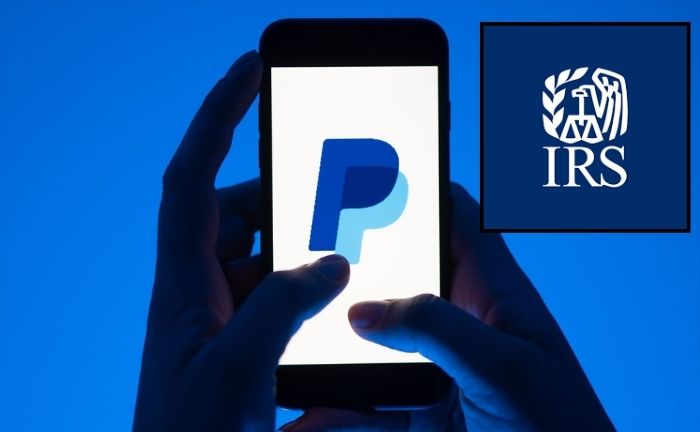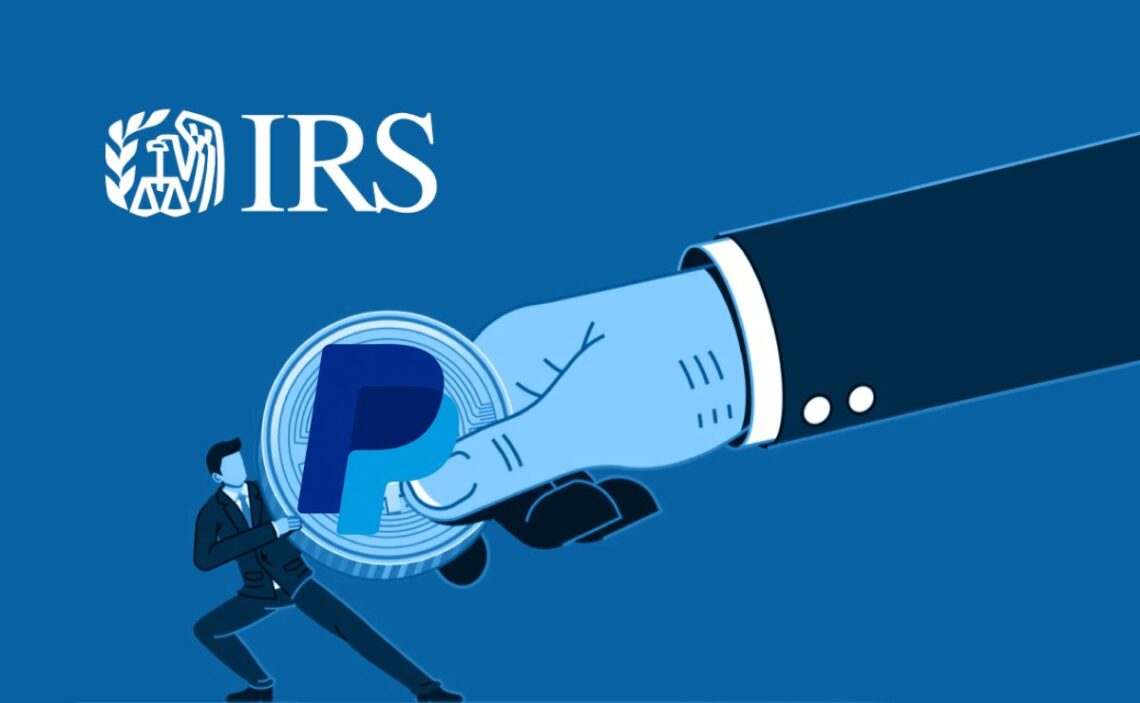The Internal Revenue Service (IRS) has recently announced that it will be delaying the implementation of tax regulations expected to impact online sales platforms such as PayPal, Etsy, and eBay. This two-year delay has come as a relief to many taxpayers who were concerned about the complex nature of these regulations.
The decision to postpone the implementation of these rules aims to provide a smoother transition for taxpayers, giving them ample time to prepare and comply with the new tax rules. This move will allow PayPal and other online sales platforms and their users to be better equipped to handle the changes and avoid any potential penalties or non-compliance issues.
In 2021, Congress authorized a significant change in the threshold for Forms 1099-K, used to report third-party business payments to the IRS. The threshold, previously set at 200 transactions totaling $20,000, was lowered to $600, raising concerns about potential tax complications for users of these online payment systems. However, this change will not take effect in the 2024 tax year.
https://www.tiktok.com/@sabocat/video/7196722897744907562?q=irs%20paypal%20tax&t=1701024390547
The existing $20,000 threshold will continue for the next tax season. Additionally, the IRS has outlined a phased approach, indicating that when individuals file their taxes in 2025 for the income earned in 2024, a minimum of $5,000 will be required to trigger a 1099-K tax form.
The decision made by the Internal Revenue Service (IRS) to maintain the existing sales tax threshold has been met with positive feedback, especially from small sellers and businesses that operate on online platforms. These groups have expressed appreciation for the move, stating that it reduces the burden of paperwork and compliance costs of meeting sales tax obligations.
Despite ongoing efforts in legislative circles to modify the sales tax thresholds, no changes have yet come to fruition. Some lawmakers have proposed raising the threshold to $5,000, while others advocate for a permanent return to the original level. However, the IRS’s decision to pause any changes for the 2024 tax year is considered a strategic move to avoid further complexities and uncertainties during an election year.
It is a welcome move demonstrating the government’s commitment to supporting small businesses and facilitating economic growth.

Impact on Sellers: 1099-K Reporting Changes
The IRS rule directly affects third-party payment platforms like the company founded by Peter Thiel and Venmo, alongside online marketplaces like Etsy and eBay. Forms 1099-K will be issued to individuals who, in 2024, received over $20,000 and conducted more than 200 transactions. Personal transactions, including gifts and expense splits, are not subject to these reporting requirements.
Despite the delay, occasional online sellers in the company created in 1998 (PayPal), for example, should proactively prepare for future changes. Maintaining accurate records of transactions, receipts, and associated costs is crucial for online payment sellers. Establishing these good habits will facilitate the transition when the $600 threshold takes effect in 2025.
As per the IRS, the tax year 2024 is considered a transition period. The agency has plans to introduce a $5,000 threshold for tax year 2024, which will be phased in gradually in line with the American Recovery Plan. Along with this, the IRS strives to make the reporting process more straightforward to facilitate taxpayer compliance.


